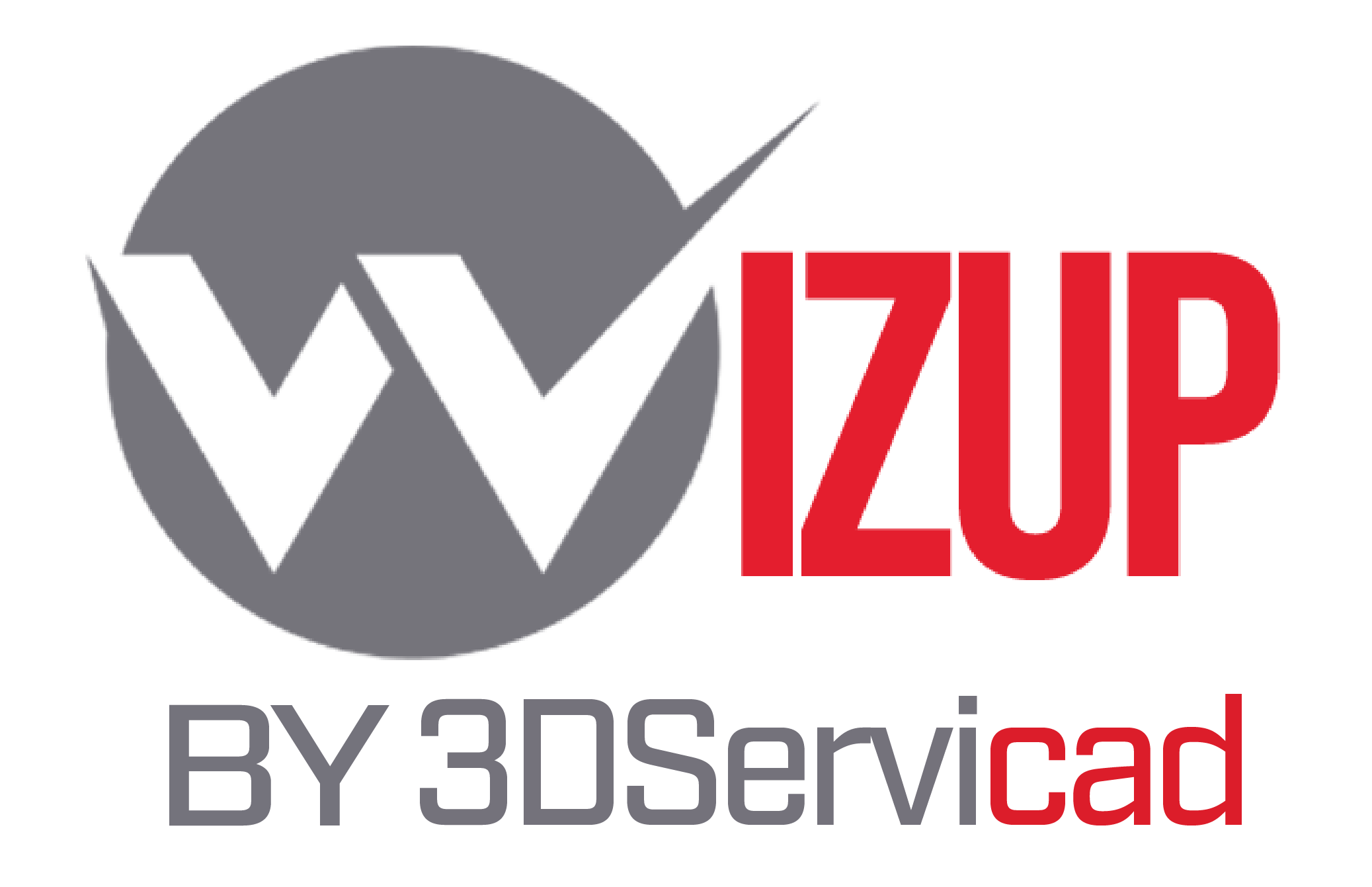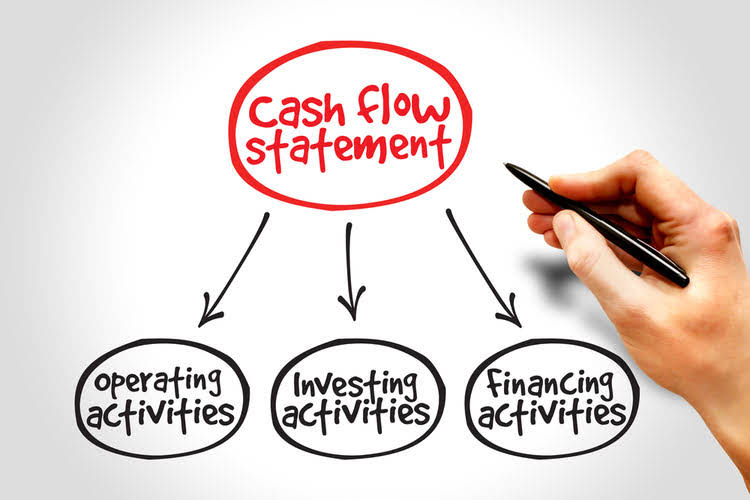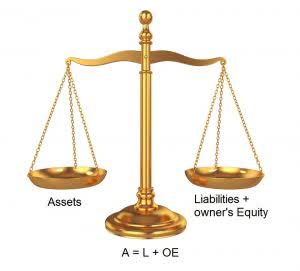Bring us your ambition and we’ll guide you along a personalized path to a quality education that’s designed to change your life. Before you do anything, you have to get confident as to whether going down this path, or switching careers to BI, is the right move for you. Business And Leadership Courses typically range from a few weeks to several months, with fees varying based on program and institution. We came together with experts from our client, Costa Coffee, to discuss the impact of data apprenticeships within their organization. This course focuses on the best practice of Power BI reports / dashboards and the courses is taught using examples and labs in PowerBI desktop. Python is a versatile programming language that will allow you to interact with your SQL queries and help you automate lots of tasks.
- This type of experiential knowledge can give your résumé a competitive advantage in the job market and allow you to build a portfolio of real-world work that proves you can get the job done.
- If you’re wondering how to become a business analyst, here are the recommended degrees, certifications, and experiences you will want to obtain.
- These skills allow you to understand business challenges, share effectively, and suggest ideas that lead to great results for the company.
- In Computer Science at WGU has three specializations for students to choose from, giving them the opportunity to focus on an area that is meaningful for their career and life.
What You Need to Know About a Data Science Career
Based on this, you can create a work portfolio, including any personal projects that demonstrate your ability to translate data into actionable insights. Begin with a bachelor’s degree in a relevant field such as IT, Data Science, Computer Science, or Business Information Systems to build a solid foundation of the key concepts and technologies used in BI development. Also, consider taking courses specific to Business Intelligence Developer/Analyst job Data Analytics, BI, Data Modelling, and Database Management. Certifications can also increase your skills and make you more desirable to employers. In this data-heavy business environment, a Business Intelligence Developer plays the key role of transforming waves of raw data into smooth, insightful currents that steer businesses toward success. From Data Analysis and reporting to building dashboards and troubleshooting issues, Business Intelligence (BI) Developers handle a dynamic range of responsibilities.
- Learn more about the roles and responsibilities that come with being a Chief Data Officer and why they play a crucial part in any business that deals with data.
- A business analyst is frequently involved in projects that require adequate project management and coordination.
- You’ll need to understand as much as you can about data before entering the profession, so look for classes in data architecture, database design, data mining, data visualization, and so on.
- The Knowledge Academy takes global learning to new heights, offering over 30,000 online courses across 490+ locations in 220 countries.
- Here’s what to know about a business intelligence developer’s needed skills, salary and how to become one.
Prepare your job search materials
Finally, BIAs benefit from taking a step back for meta-analysis, forging new methodologies that improve analysis at every step outlined above. Learn to apply predictive analytics and business intelligence to solve real-world business problems. Take your career in a new direction by earning data science certifications from Udacity. This is where a formal program can be most helpful — you’re taught how to network and then encouraged to collaborate with other aspiring BI analysts and regularly attend talks led by BI experts.
Business Intelligence Developer Salary
In this role, you’ll help develop data strategies, monitor your department’s performance, and report to senior leadership. In this management position, you’ll direct and support your team by overseeing workflow and helping resolve challenges as they arise. Business intelligence developers may hold a bachelor’s degree in computer science, engineering, IT or a related field. They are often expected to have applicable experience in BI application and data analytics platform development. Knowledge of business intelligence Computer programming practices, programming languages (Python, R, SQL), data warehousing and ETL processes and relational database management systems is recommended.
Business Intelligence Developer Hard Skills
A business intelligence analyst is a specialist who enables strategic decision-making for businesses by analyzing large, complex data sets and provides insights that drive strategic decisions. As a business intelligence analyst, you will use your skills in predictive analytics to help companies make data-driven decisions with their data. You will collect and analyze data to suggest ways your company can improve its processes, identify new markets or business opportunities, and communicate technical concepts to stakeholders and other non-technical team members. Business intelligence developers are software engineers who combine data analytics and technical expertise to create BI solutions. These solutions can include technical query, business analysis and data visualization tools that aim to streamline analyst operations. An analyst of business intelligence is a specialist who employs data analysis tools and techniques to assist firms in making wise business decisions.









.jpg)
.jpg)